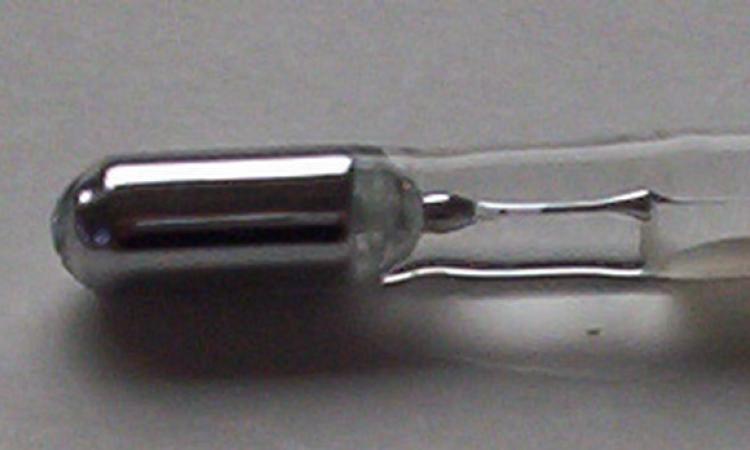
110 countries sign Minamata convention to ban mercury
In a United Nations conference in Japan this week, 110 countries pledged to phase out the production and use of mercury, a nerve toxin. The Minamata convention is a treaty named after Minamata city, which witnessed one of the worst industrial disasters that involved mercury poisoning. Hundreds of people were killed and thousands were disabled in the 1950s and 60s. Under the agreement, a range of products, including thermometers, barometers and electrical appliances will be phased out by 2020.
Bio-toilets in trains now
By 2022, the Indian Railways proposes to eliminate direct discharge toilets from all its 40,000 passenger coaches. Under the plan, 2400 bio-toilets are proposed to be installed in new coaches by the end of this year itself. In bio-toilets, developed by the Railways in collaboration with the Defence Research and Development Organisation, waste will be directed to a tank with bacterial sludge. The sludge will then break down all solid waste in an aerobic process to gas and water, which will then be released on the railway tracks.
In Ahmedabad, Water Bill to include sewerage charges too
As per a Union Urban Development Ministry proposal, the Ahmedabad Municipal Corporation should charge customers for sewerage anywhere between 50% and 75% of the water meter charges. According to the proposal, there should be an exemption of 50% for residents below the poverty line and would not be charged for 20 kiloliters per month of water utilized. According to the city municipal officials, the purpose of the extra tariff is to meet the operation and maintenance cost of the sewage treatment plants.
Polluting industries in Noida to pay Rs 5,000 per day: NGT
The National Green Tribunal has directed polluting industries to pay Rs 5000 per day till the time their pollution control equipment is in working order. Some of these industries were allowed to operate after undertaking upgrading work of their effluent treatment plants and pollution control devices. But recent inspections by the Uttar Pradesh Pollution Control Board and the Central Pollution Control Board revealed that the units failed to control pollution levels.
India to have a Bureau of Water Efficiency
The Central Government is planning to set up a Bureau of Water Efficiency, on the lines of the Bureau of Energy Efficiency for industries and municipal authorities. The Bureau, in the pipeline for two years now, will oversee labelling, certification and incentivisation for urban local bodies as well as for industries, such as those manufacturing household water fixtures and appliances.
This is a weekly roundup of policy matters from October 7-13. Also read last week's news roundup.
/articles/110-countries-pledge-phase-out-mercury